
9 Household Items You Should Never Skimp On: Prioritize Safety Over Savings
While frugality is commendable, certain household items pose risks to health and safety, making them unworthy of compromise.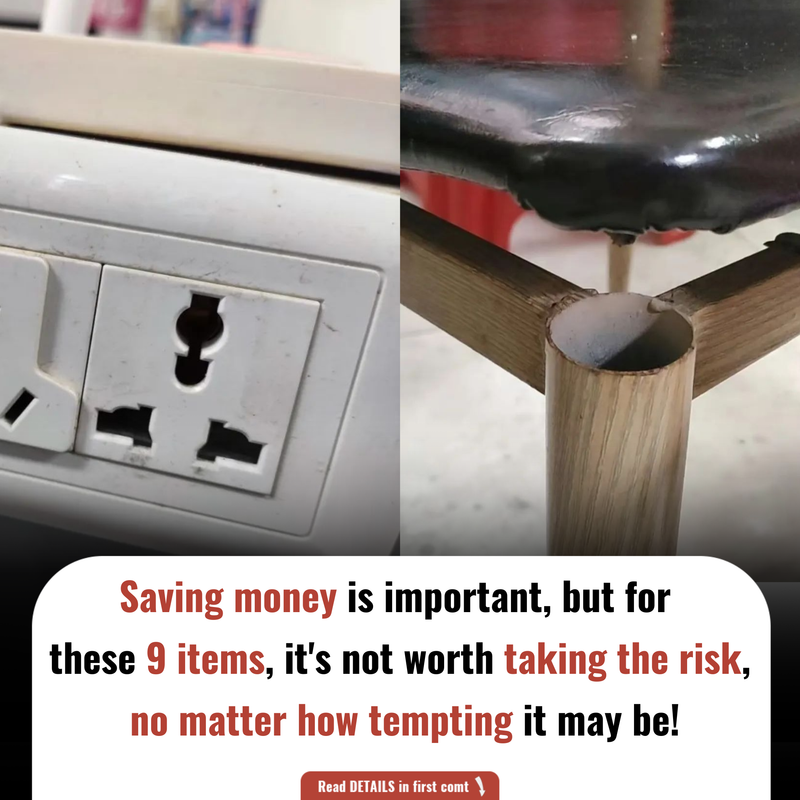
Expanded Article:
Prioritizing Safety Over Savings: 9 Household Items You Shouldn't Skimp On
In today's consumer-driven society, the allure of saving money often leads us to hold onto items longer than advisable. However, when it comes to certain household essentials, the cost of neglecting timely replacements can be far greater than the savings. Below, we delve into nine common items that, despite their utility, can pose significant health and safety risks if used beyond their prime.
1. Worn-Out Mattresses
A sagging mattress doesn't just compromise sleep quality; it can lead to chronic back pain and spinal misalignment. Over time, the materials degrade, losing their supportive properties. Medical professionals emphasize the importance of replacing mattresses every 7–10 years to maintain optimal spinal health and overall well-being.
2. Faulty Electrical Outlets
Outdated or damaged electrical outlets, especially those with exposed wiring or loose connections, are fire hazards. The National Fire Protection Association (NFPA) reports that faulty electrical systems are a leading cause of residential fires. Regular inspection and timely replacement of such outlets can prevent potential disasters.
3. Expired Medications
Using medications past their expiration date can be ineffective or even harmful. The U.S. Food and Drug Administration (FDA) advises against consuming expired drugs, as their chemical composition can change over time, leading to reduced efficacy or adverse reactions.
4. Deteriorating Non-Stick Cookware
Scratched or chipped non-stick pans can release toxic compounds when heated. The Environmental Protection Agency (EPA) has highlighted concerns over chemicals like perfluorooctanoic acid (PFOA) found in some non-stick coatings. It's advisable to replace such cookware at the first sign of damage.
5. Worn-Out Smoke Detectors
Smoke detectors are crucial for early fire detection. The Federal Emergency Management Agency (FEMA) recommends testing alarms monthly and replacing them every 10 years. A malfunctioning detector can delay response times during emergencies, increasing the risk of harm.
6. Expired Food Items
Consuming expired food can lead to foodborne illnesses. The Centers for Disease Control and Prevention (CDC) notes that improperly stored or outdated food items are common sources of contamination. Regularly checking expiration dates and proper storage can mitigate this risk.
7. Old Fire Extinguishers
Fire extinguishers lose their effectiveness over time. The American Red Cross advises checking the pressure gauge monthly and replacing extinguishers every 5–12 years, depending on the type. An expired extinguisher may fail to operate during a fire emergency.
8. Worn-Out Shoes
Footwear that has lost its cushioning or support can lead to foot problems and discomfort. The American Podiatric Medical Association (APMA) suggests replacing shoes every 300–500 miles of use or when they show signs of wear to maintain foot health.
9. Old Carbon Monoxide Detectors
Carbon monoxide detectors are vital for detecting this odorless, colorless gas. The U.S. Consumer Product Safety Commission (CPSC) recommends replacing detectors every 5–7 years. An outdated detector may not function properly, posing serious health risks.
Conclusion:
While it's tempting to hold onto items to save money, the potential health and safety risks associated with the above household essentials make timely replacements a wise investment. Prioritizing the well-being of yourself and your family ensures a safer and more comfortable living environment. Remember, some savings aren't worth the risk.
News in the same category


Unlocking the Health Benefits of Morning Coffee: A Guide to Optimal Timing

Family of Three Diagnosed with Lung C@ncer from Grilled Food: A Cautionary Tale
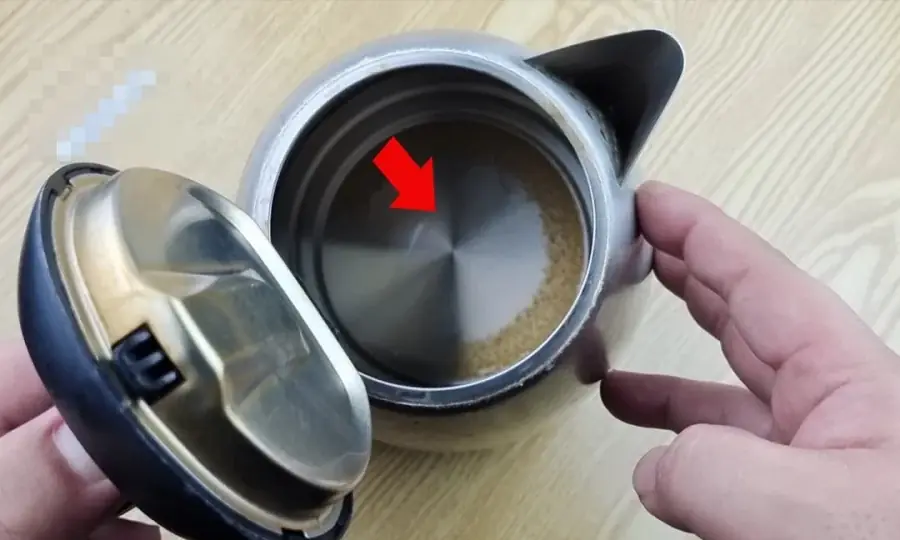
How to Remove Stubborn Limescale from Your Electric Kettle with This Simple Trick
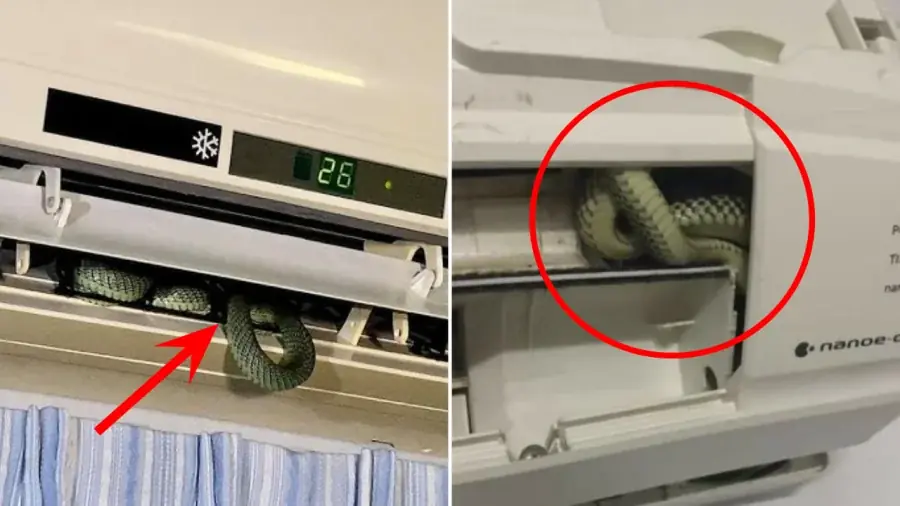
How to Prevent Snakes from Entering Your Air Conditioner: Essential Safety Tips

Avoid Throwing Away the Roots When Preparing These 4 Vegetables: Are You Unknowingly Discarding the 'Miracle' That Helps Your Body Stay Healthy from the Roots

6 Groups Who Should Avoid Coffee in Their Daily D!et

12 Summer Vegetables Prone to P@rasite Contamination: What You Need to Know

13 Early Warning Signs of Kidney Issues in Young Adults
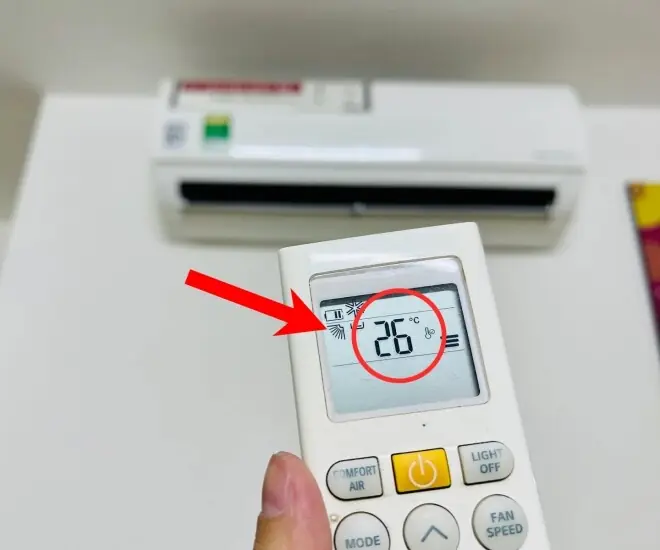
Why Does the Air Conditioner Smell at 26°C but Not at 25°C? The Surprising Cause

Father of Four D!es from Bowel C@ncer: A Heartbre@king Reminder to Listen to Your Body

Sweet Treat or Silent Thre@t? Experts Warn of Hidden D@ngers in Slushies for Children

The Sugar-Eating Vegetable That’s Taking Health Experts by Surprise
Discover how beans help manage diabetes by regulating blood sugar levels, providing essential nutrients, and supporting overall health. Learn the benefits of adding beans to your diet and other vegetables that support blood sugar control.
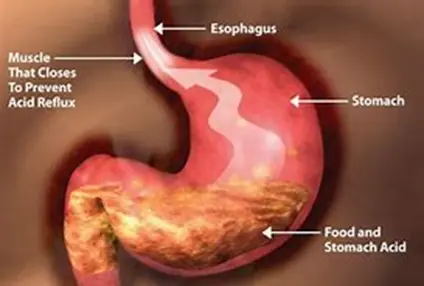
Your Stomach Ac!d Could Digest Razor Blades - Here's How You Don't D!e From It
Learn about the fascinating regeneration of the stomach lining, how it plays a vital role in digestion, and how lifestyle factors like diet and stress can affect its health. Discover tips for maintaining a healthy stomach lining to avoid digestive issues.

It’s Official: H!V Is Now a Manageable Condition, Not a Dea@th Sentence
HIV is now a manageable condition, with ART allowing people to live full lives. The virus can even become undetectable and untransmittable. Learn about the progress and ongoing challenges.

This Alternative Treatment Might Reverse Brain Aging and Improve Mental Sharpness—Without the High
A 2017 study suggests that low doses of THC might help reverse age-related memory decline in mice. Discover how THC reactivates brain pathways linked to healthy aging and what this could mean for future therapies against neurodegeneration and cognitive de

Serious Heart R!sks Linked to Just 3 Nights of Poor Sleep, Scientists Warn
Discover the alarming link between sleep deprivation and heart health. A recent study from Uppsala University reveals how just three nights of poor sleep can trigger harmful changes in blood, increasing the risk of heart disease.

Doctor's Warning: What You Should NEVER Ignore About Bulging Ve!ns
Learn about bulging veins, including causes, symptoms, risk factors, and complications like varicose veins. Discover effective prevention strategies and when to seek medical attention for bulging veins. Stay informed about vein health to avoid serious com

Autophagy Explained: Why Getting Hungry Destr0ys Canc3r, Alzheimer's and Aging Cells
Discover how fasting triggers autophagy, a natural process that helps your body recycle damaged cells, combat aging, and lower risks of diseases like cancer and Alzheimer’s. Learn more about the benefits of fasting for overall health.
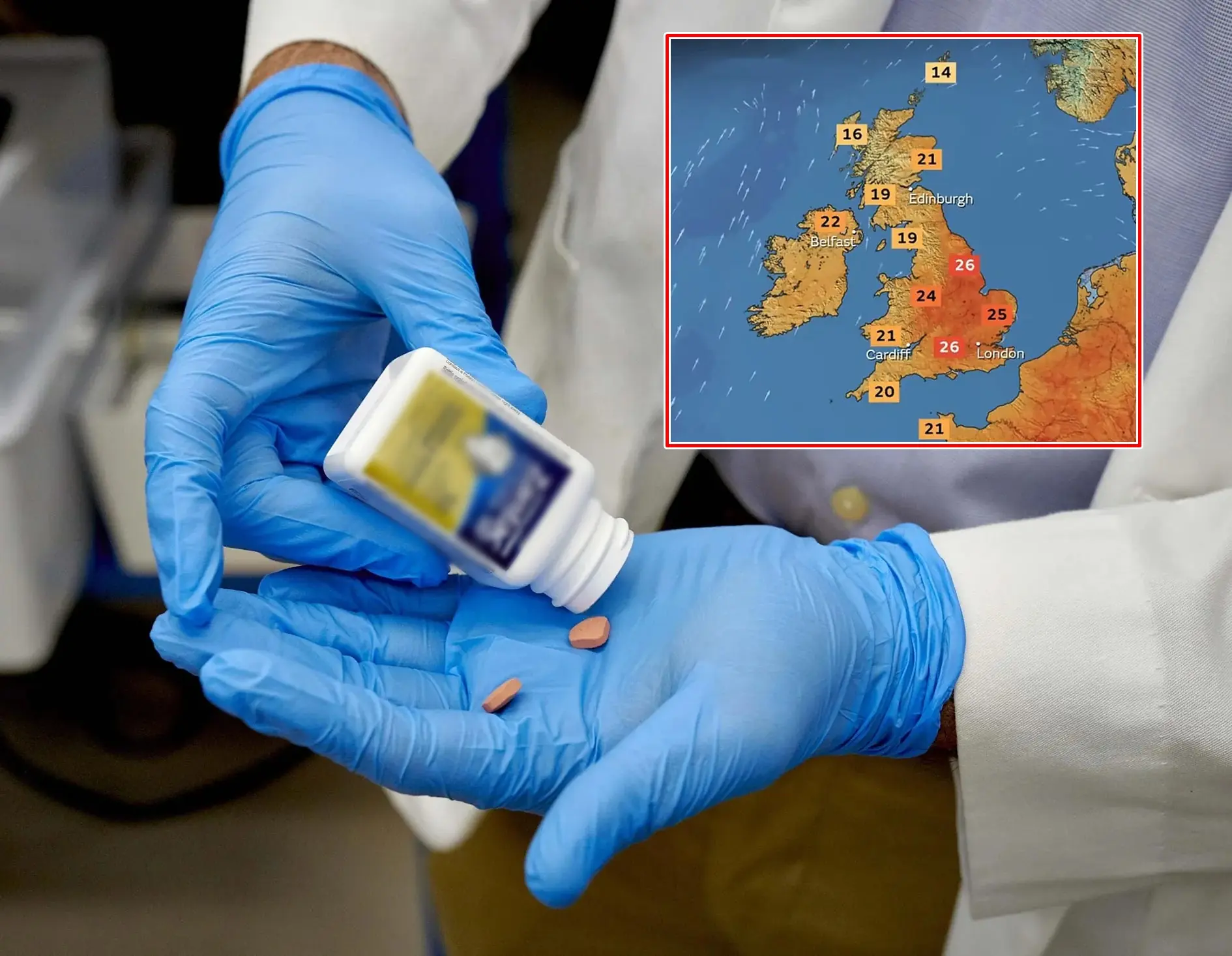
Warning over common over-the-counter drug that can fuel cancer in warm weather
It is crucial for individuals taking these medications to be aware of the potential risks and to take appropriate steps to protect their skin from harmful UV radiation.
News Post

From Abandoned to Adored: The Heartwarming Story of Zed, the Miniature Pinscher Who Found His Forever Family
Found crying and abandoned, a tiny Miniature Pinscher named Zed embarked on an incredible journey. This heartwarming story of dog rescue reveals how unexpected love transformed his life.

A Lesson in Respect and Safety: How One Driver Handled a Police Stop While Legally Carrying a Firearm
Learn how a responsible driver handled a police stop while legally carrying a firearm, emphasizing safety, respect, and cooperation. A powerful story of how mutual respect can create a positive outcome during a tense situation.

A Race Against Time: How a Stranger's Extraordinary Kindness Ensured a Daughter's Final Farewell
Discover the extraordinary kindness of a stranger whose selfless act provided a miraculous journey home, ensuring a precious final goodbye and inspiring a legacy of paying it forward.

Carol Kaye Declines Rock and Roll Hall of Fame Induction, Stands by Legacy of Teamwork
Carol Kaye, a legendary bassist, declines her 'Music Excellence Award' at the Rock and Roll Hall of Fame, citing a lack of reflection of the collaborative spirit of session musicians. Discover her reasoning and stand for respect in the industry.

A Stranger's Blessing: The Transformative Power of Kindness That Changed a Life Forever
Lucia's simple act of kindness toward a stranger leads to an unexpected windfall and a life-changing revelation. Discover how one small gesture transformed everything and set her on a new path, full of hope and love.

The Mystery Behind the Chicken and the Hidden Family Secret
Discover the chilling family secret revealed by a chicken and its connection to a missing man. A gripping story of suspense and mystery, uncovering long-buried truths.

Overcoming the Struggles of Parenting Triplets: A Journey of Love, Exhau$tion, and Hope
A deeply emotional story of a couple’s struggle to raise triplets, filled with exhau$tion, guilt, and the overwhelming love they share for their children.

The Prom Dress Mystery: A Hidden Letter That Changed Three Lives Forever
A young woman buys a $12 prom dress from a thrift store, only to uncover a hidden letter that leads to a powerful reunion. Explore the emotional journey of forgiveness, second chances, and the mysterious connection that binds their lives together.

Family Secrets Unveiled: A Son's Journey to Discover the Truth Behind His Grandfather's Legacy
A son uncovers hidden family secrets in a letter left by his late grandfather. Join his emotional journey to find his long-lost sister and reclaim what was once lost—his family’s true legacy.

From Rejection to Redemption: How a Wedding Changed a Mother’s Place in Her Son’s Life Forever
A mother’s love is put to the test when her son’s wedding brings unexpected emotions and a life-changing declaration. Discover the heartwarming journey of a mother and son’s bond that triumphs over all odds in this touching story of family, love, an

6 Morning Foods to Boost Insulin Sensitivity and Control Bl00d Sugar

Unlocking the Health Benefits of Morning Coffee: A Guide to Optimal Timing

Torn Between Love and Freedom: A Daughter’s Battle for Independence Against Her Family's Expectations
A young woman struggles with her controlling family, torn between following her dreams abroad and staying to meet her parents' expectations. A story of family conflict, independence, and finding peace amidst emotional manipulation.

Family of Three Diagnosed with Lung C@ncer from Grilled Food: A Cautionary Tale

How to Remove Stubborn Limescale from Your Electric Kettle with This Simple Trick

Am I Wrong for Refusing to Attend Dinner After My Sister-in-Law Used Her Kids to Manipulate Me?
Tensions rise when a family dinner becomes a battleground of manipulation, boundaries, and respect. Read about the emotional showdown between a woman and her sister-in-law, and the shocking aftermath of one decision that could change everything.

How to Prevent Snakes from Entering Your Air Conditioner: Essential Safety Tips

Avoid Throwing Away the Roots When Preparing These 4 Vegetables: Are You Unknowingly Discarding the 'Miracle' That Helps Your Body Stay Healthy from the Roots

6 Groups Who Should Avoid Coffee in Their Daily D!et
